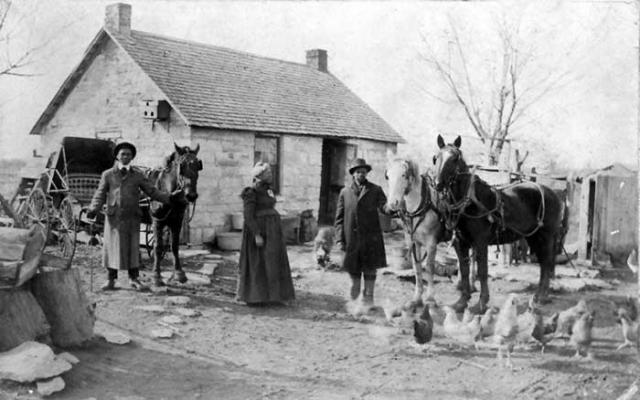
This presentation examined the historical creation of Black business communities in the context of the Exoduster movement, the first major migration of African Americans out of the southern and border states. The Exodusters initially included thousands of Black residents who signed emigration papers in the late 1870s, fleeing white terrorism and adverse economic conditions that made upward mobility and entrepreneurship unlikely in the post-Reconstruction South. Along with subsequent land rushes, the Exoduster movement catalyzed the emergence of African American communities on the western frontier -- in Kansas, Colorado, and Oklahoma -- between 1880 and 1910. To illustrate the resulting pattern of Black entrepreneurship, this talk focused initially on Nicodemus, Kansas, a National Historical Site with well-preserved archival information and historic maps. The town of Nicodemus also featured a confluence of African American entrepreneurs whose views articulated different approaches to political economy and race relations within the Exoduster movement. It then turned to Census data on more than one-hundred African-American communities that emerged on the Great Plains within the three decades after the Exoduster migration. These business communities inform a general model of minority-majority group relations and predictions of how this economic interface affects entrepreneurial activity.
Watch the webinar on YouTube [1:01:00]
Watch more Keller videos on YouTube